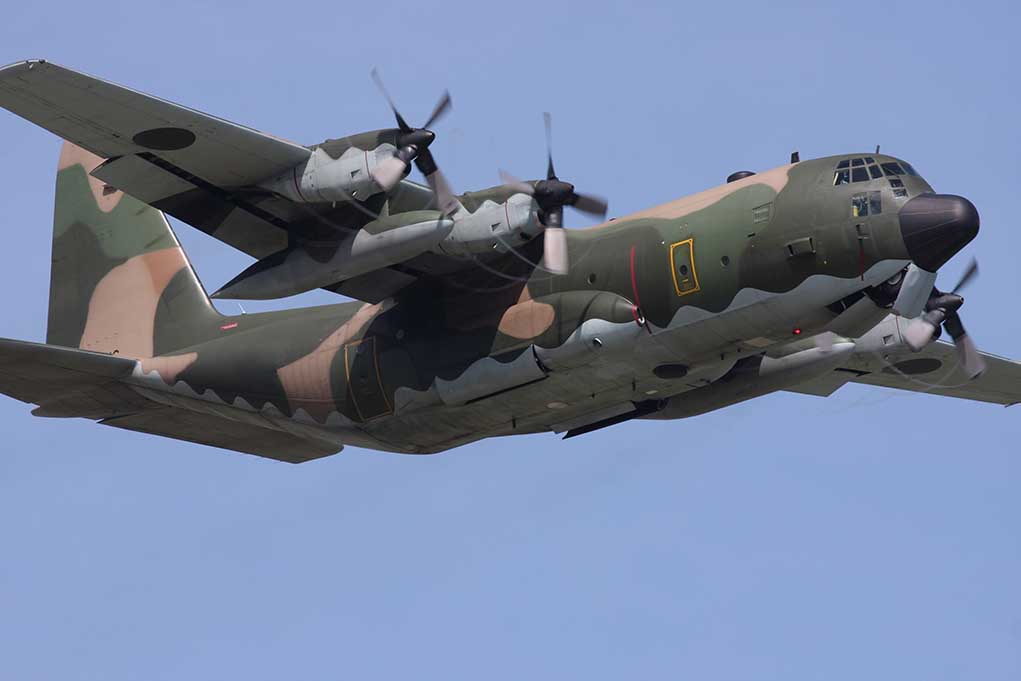Mexico’s refusal to allow a U.S. military deportation flight to land exposes the delicate diplomatic relations between the two nations.
Mexico’s Denial of U.S. Deportation Flight
Mexican authorities denied U.S. permission for a military plane intended to deport illegal immigrants to land, preventing the flight from taking place. This decision forms part of a more extensive operation under which two other flights successfully deported migrants to Guatemala. The incident raises complex issues around the diplomatic permissions necessary for such flights. However, Mexico opted not to grant this permission for the plane bound for its territory, indicating the sensibilities involved in such international agreements.
Mexico Denied U.S. Military Plane Deportation Flight Access to Land
-White House official text message: “the flights thing was an administrative issue & was quickly rectified.”
-"Yesterday, Mexico accepted a record 4 deportation flights in 1 day!" -Press Sec. Karoline Leavitt pic.twitter.com/XK4Dwwr75Y
— Biasedly Unbiased (@DiRealDan) January 25, 2025
Heightened tensions between the U.S. and Mexico have emerged, partly fueled by former President Trump’s strict immigration policies. The strained relationship is further complicated because these decisions impact collaborative efforts crucial for effective border security management. As Mexico emphasizes its sovereignty, the U.S. military’s additional presence at the border and ongoing deportation initiatives contribute to the ongoing diplomatic challenges.
Day 5 of 1462 – FUN FACT
The US can’t unilaterally deport people
Mexico just denied US to land in Mexico with “illegals” & denied US access to its airspace to fly “illegals” to Guatemala
The Short Fingered Vulgarian LOSING https://t.co/HE4yVWc6fl
— cantblameobamaanymor (@DrRev_Mustafa1) January 25, 2025
Impact on U.S.-Mexico Bi-Lateral Relations
The friction between the neighboring countries is exacerbated by the U.S. administration’s broad deportation strategy, which includes military assistance and increased border presence. Mexico’s decision to reject the entry of a U.S. military plane loaded with deportees underscores a critical divergence in how each nation approaches immigration and security issues. Such refusals can potentially delay bilateral cooperation and complicate discussions vital for regional stability and adherence to human rights.
“Every single” day”—Tom Homan.
The Trump administration has upped its deportation plan, evident from the substantial number of detained migrants to be repatriated soon. White House Press Secretary Karoline Leavitt noted that deportation flights have started, showing images of migrants on military aircraft. For Mexico, this presents a challenge to their diplomatic stance.
Future Implications for Immigration Policy
Looking ahead, the U.S.-Mexico friction surfaced by the blocked deportation flight may influence future policy-making decisions. Balancing enforcement with respect for international norms and human rights will be crucial for both nations. The use of military aircraft marks a noticeable escalation in deportation tactics, a move intended to expedite repatriations heavily pushed by the current U.S. administration.
“Deportation flights have begun.” Karoline Leavitt.
The steady push for increased deportations accentuates the need for dialogue between the nations to achieve any mutually beneficial immigration agreements. Diplomatic decorum necessitates discussions accommodating border security needs and humane immigration policies, paving the way for cohesive, long-term solutions.
Sources:
https://www.dailymail.co.uk/news/article-14323583/Mexico-deportation-flight-block-Trump.html
https://www.newsweek.com/mexico-denies-us-military-plane-carrying-deportees-report-2020746
https://www.newsmax.com/us/mexico-deportation-flight/2025/01/24/id/1196454

